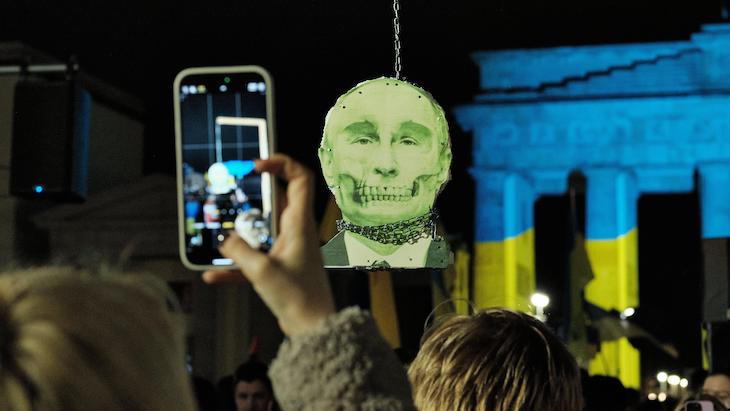The real winners of Germany’s election are sitting in Moscow. Despite Friedrich Merz’s Christian Democrats (CDU) technically claiming victory with a meagre 28 per cent showing, the truly remarkable surge belongs to the openly pro-Russian forces that now dominate the political landscape. The far-right Alternative for Germany (AfD) and the far-left party Die Linke (successor to East Germany’s communist SED) have emerged from this record 85 per cent turnout election with unprecedented strength: both unapologetically aligned with Vladimir Putin’s interests and fundamentally opposed to Germany’s Western orientation.
That this Russification of German politics coincides with the third anniversary of Russia’s invasion of Ukraine feels less like coincidence and more like strategic triumph for the Kremlin and its numerous attempts to undermine Western elections. Merz, who has waited in the wings since his political defenestration by Angela Merkel in 2004, will be celebrating his personal revenge. But his victory increasingly resembles pyrrhic symbolism as Germany’s democratic expression tilts eastward.

Britain’s best politics newsletters
You get two free articles each week when you sign up to The Spectator’s emails.
Already a subscriber? Log in






Comments
Join the debate for just £1 a month
Be part of the conversation with other Spectator readers by getting your first three months for £3.
UNLOCK ACCESS Just £1 a monthAlready a subscriber? Log in